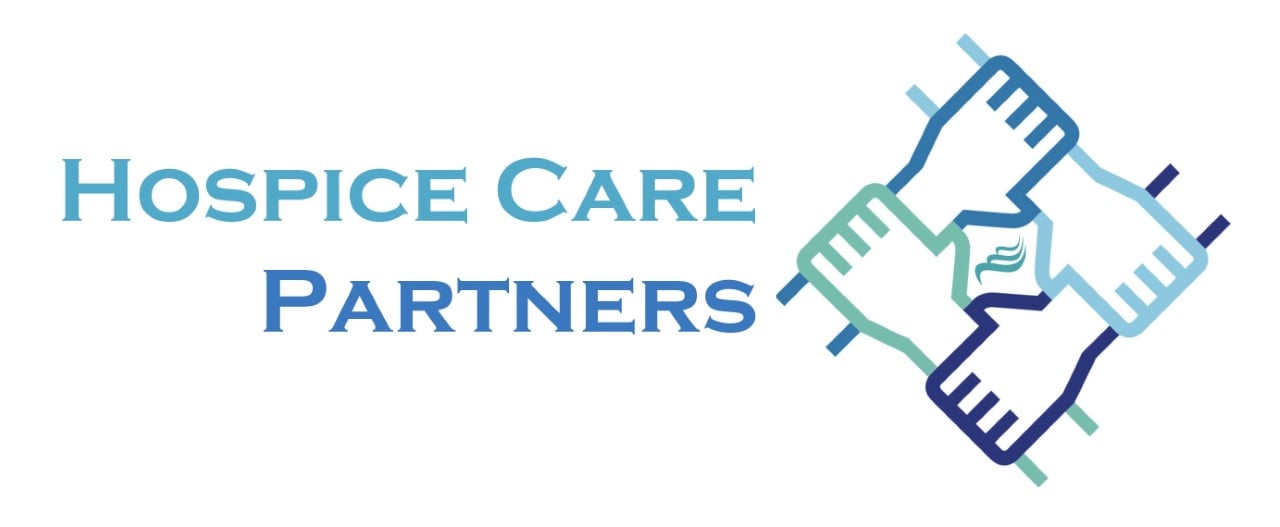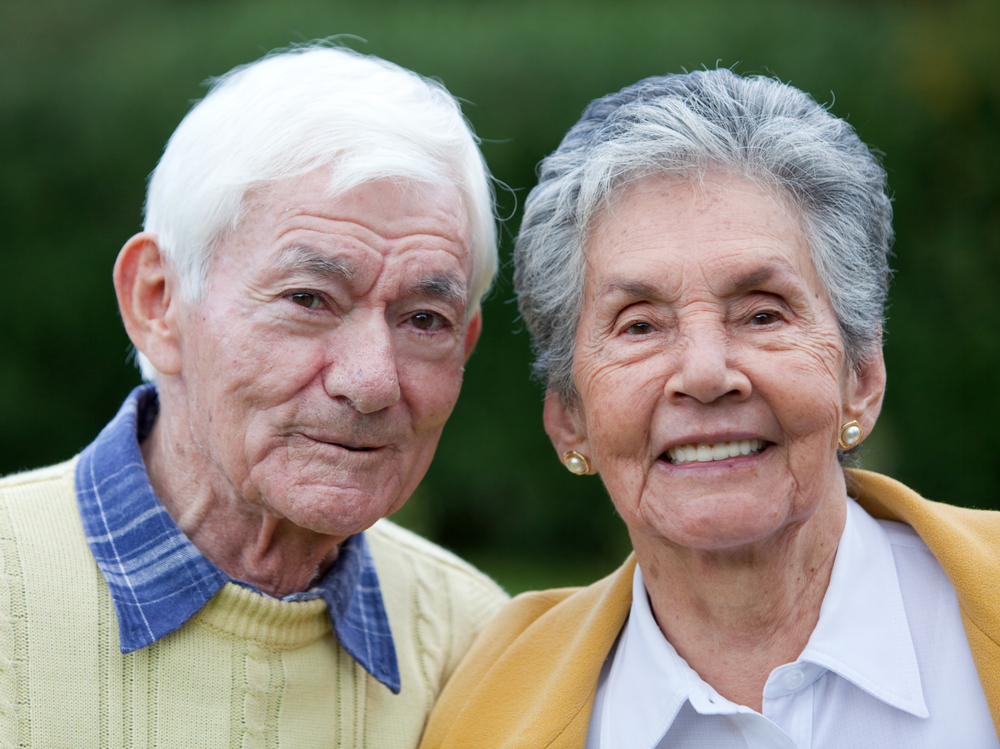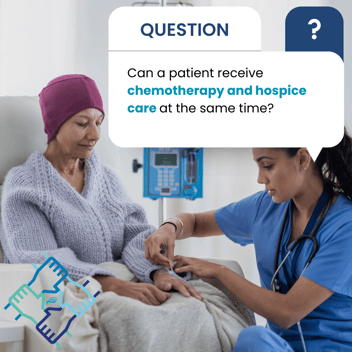Discover the common signs of decline in the elderly and learn when it's time to seek assistance. Explore the importance of hospice care partners and when to consider hospice care for your loved ones.
Understanding the Aging Process
As we age, our bodies go through various changes. Understanding the aging process is crucial in recognizing signs of decline in the elderly. Aging affects different individuals differently, but there are some common physical, cognitive, and emotional changes that may occur.
One physical change that commonly occurs with aging is a decline in mobility and strength. Older adults may experience difficulty in walking, climbing stairs, or performing daily tasks that were once easy for them. This can be due to a loss of muscle mass, joint stiffness, or chronic conditions like arthritis.
Cognitive changes are also common in the elderly. Memory loss, forgetfulness, and difficulty concentrating may be signs of cognitive decline. Aging can affect brain function, leading to mild cognitive impairment or even dementia in some cases. Emotional changes, such as increased irritability, mood swings, or feelings of sadness, can also be observed.
It's important to note that these changes are not inevitable and can vary from person to person. However, understanding the aging process can help in identifying signs of decline and seeking appropriate assistance.
Recognizing Physical Signs of Decline
Physical signs of decline in the elderly can manifest in various ways. Some common physical signs include weight loss, decreased appetite, fatigue, and reduced mobility.
Weight loss can be a result of multiple factors, including changes in metabolism, decreased muscle mass, or underlying health conditions. It's important to monitor changes in weight, as significant weight loss can be a sign of underlying health issues.
Decreased appetite is often observed in the elderly and can result from changes in taste and smell, medication side effects, or dental problems. Poor nutrition can further contribute to physical decline and weakened immunity.
Fatigue is another common physical sign of decline. Older adults may feel tired and lack energy, which can impact their ability to perform daily activities. It's essential to address the underlying causes of fatigue and ensure proper rest and nutrition.
Reduced mobility, as mentioned earlier, can be due to muscle weakness, joint problems, or chronic conditions. Difficulty in walking, balancing, or performing tasks that require physical strength can significantly impact the elderly's independence and quality of life.
Identifying Cognitive and Emotional Changes
Cognitive and emotional changes are common in the elderly and can vary in severity. Memory loss and forgetfulness are often early signs of cognitive decline. Older adults may struggle to remember recent events or important details, impacting their daily lives.
Difficulty concentrating and decreased mental sharpness can also be observed. Tasks that were once effortless may become challenging, and older adults may feel easily overwhelmed or confused.
Emotional changes, such as increased irritability, mood swings, or feelings of sadness, can be signs of underlying mental health issues or the impact of physical decline. It's important to address these changes and provide emotional support to the elderly.
Identifying cognitive and emotional changes can help in seeking appropriate medical care and support services to manage these challenges and improve the overall well-being of the elderly.
The Role of Hospice Care Partners
Hospice care partners play a crucial role in providing support and comfort to the elderly and their families during the end of life journey. Hospice care focuses on enhancing the quality of life for individuals with terminal illnesses and providing emotional and physical support to both the patients and their loved ones.
Hospice care partners, including healthcare professionals and volunteers, work closely with the elderly and their families to ensure their physical, emotional, and spiritual needs are met. They provide pain and symptom management, emotional support, and help with daily activities.
The goal of hospice care partners is to create a peaceful and comfortable environment for the elderly, allowing them to spend their remaining time with dignity and surrounded by loved ones. They also offer grief counseling and support to families during and after the end of life journey.
By partnering with hospice care providers, families can ensure that their elderly loved ones receive compassionate care and support during this challenging phase of life.
Knowing When to Consider Hospice Care
Deciding when to consider hospice care for your elderly loved ones can be a difficult decision. Hospice care is typically appropriate when a person has been diagnosed with a terminal illness and has a life expectancy of six months or less.
It's important to have open and honest conversations with the elderly and their healthcare providers to understand the prognosis and determine if hospice care is the right choice. Some signs that indicate it may be time to consider hospice care include frequent hospitalizations, increased pain or discomfort, decline in physical and cognitive function, and a desire for comfort-focused care.
When considering hospice care, it's crucial to involve the elderly and their family members in the decision-making process. Understanding their wishes, values, and goals of care is essential to ensure their preferences are respected and honored.
Hospice care provides a supportive and compassionate approach to end-of-life care, focusing on comfort and quality of life. By considering hospice care at the appropriate time, families can ensure that their elderly loved ones receive the care they need and deserve.
If you have questions about hospice or would like to speak with someone about a loved one's decline, call us at (817) 203-2901 or request a consultation with a Hospice Care Community Liasion HERE.




